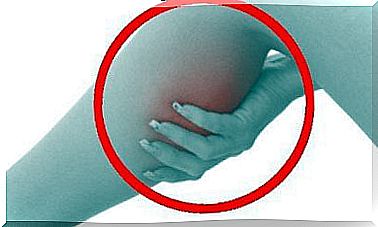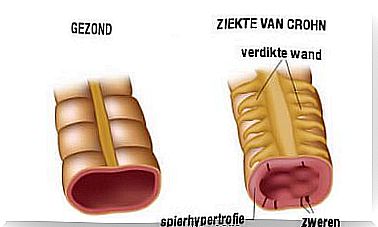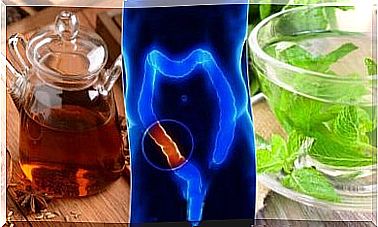Dental Abscesses And How To Treat Them
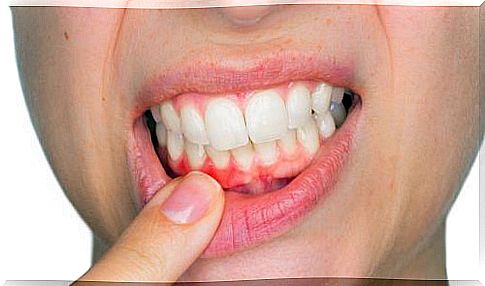
Dental abscesses are a fairly common medical condition and can develop at any age. It is important to address and treat them as soon as possible to avoid complications.
A tooth abscess is an infection of the teeth or gums. They are very uncomfortable and can cause an acute and stabbing pain that gets worse over time.
Usually an inflammation in the gums is the first thing that happens. When this happens, it is best to check the area carefully to see if there are any possible spots of pus present. If there is pus, it means that there is a tooth abscess.
What are tooth abscesses?
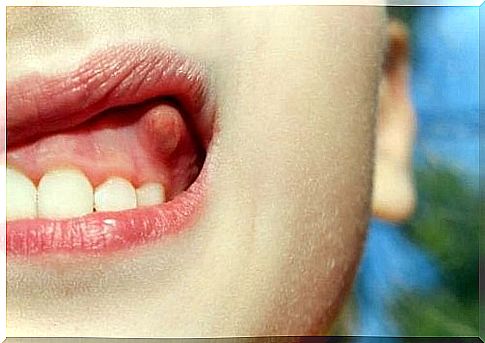
Dental abscesses are accumulations of pus due to a bacterial infection. This can happen in various parts of your mouth for a variety of reasons. They usually form at the root of a tooth or between the gums and teeth.
This infection is filled with pus and gradually becomes more inflamed. It also becomes more painful. Dental abscesses usually spread to surrounding areas. Sometimes they extend to the mouth, face, jaw and even throat. In more severe cases, they can even block the airways.
Depending on what the cause is, we can divide tooth abscesses into two types:
- Periapic abscesses. These abscesses form under the tooth. In general, they are caused by poorly treated tooth decay or tooth injury. These are the most common tooth abscesses.
- Periodontal abscesses. These occur when the abscess forms in the tissues that support the tooth. In other words, they appear in the gums or bone.
Features and causes of tooth abscesses
An abscess is a sign that your body has been able to isolate the infection. The bag of pus is a concentration of white blood cells along with germs that have attacked your immune system. Therefore, tooth abscesses are the result of how your body defends itself.
Periapic abscesses occur when bacteria have invaded the deepest part of the tooth, called the dental pulp. In this case, pathogens enter through tooth decay or cavities. They then continue until they reach the root of the tooth.
This usually happens if you have not properly cared for cavities in your teeth. They also occur if you don’t take good care of your teeth or if you eat too much sugar and sweets.
As for periodontal abscesses, this is where germs go to the root of the tooth, or if there is something wrong with the tissue around the tooth. All this makes it easier for bacteria to spread.
Symptoms and Diagnosis of Dental Abscesses
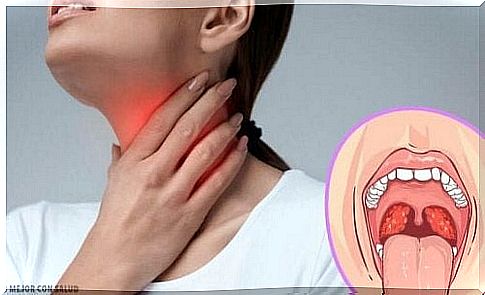
Pain is the most common symptom of dental abscesses. This pain is usually intense, persistent, and throbbing. Often it extends to the jaw or ear. In addition, you may be extra sensitive to heat or cold in the mouth and may feel pressure while chewing.
There may also be an inflammation in your cheek or face. In many cases , you may even have a fever and the lymph nodes in the neck or jaw may swell. On the other hand, you may have a bad or salty taste in your mouth.
Normally, your dentist will make a diagnosis after examining the area. Sometimes an X-ray is needed to see how far the infection has spread. If it is a serious infection, the dentist may order an MRI.
Therapy
Treatment for dental abscesses is aimed at getting rid of the infection. To do this, your dentist may do some of the following:
- Drain the abscess. In this case, your dentist will make a small incision in the abscess to remove the pus. He or she then cleans the area with a saline solution.
- Perform a root canal treatment. This consists of drilling into the tooth, removing the tooth pulp and draining the abscess. Next, the dentist will seal the pulp cavity and root canals of the tooth. In some cases, the dentist will also cover the tooth with a crown.
- Antibiotics. When the infection has already spread, your dentist will likely prescribe antibiotics to prevent it from spreading further. The dentist will also do this if you have a weakened immune system.
- extraction. If there is no other option, the dentist will remove the tooth to stop the infection.
Whatever happens, always see your dentist. Sometimes tooth abscesses erupt spontaneously. After treatment, the prognosis is good.
However, if you don’t drain the pus properly, the infection can spread to other parts of your body. It can even cause sepsis or blood poisoning, which can be life-threatening.
